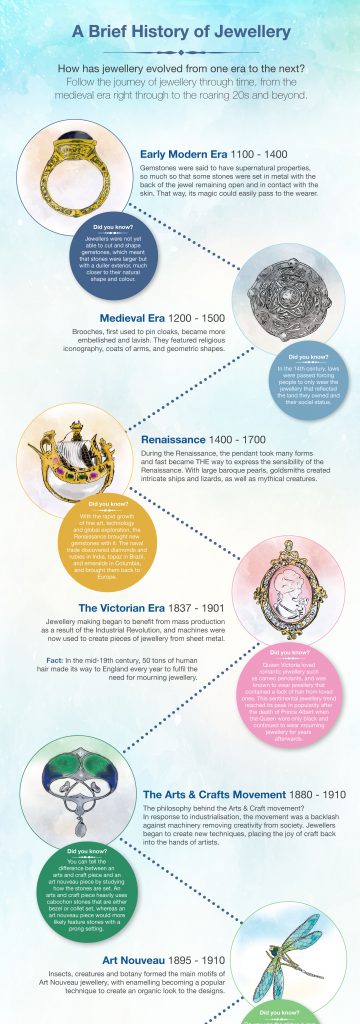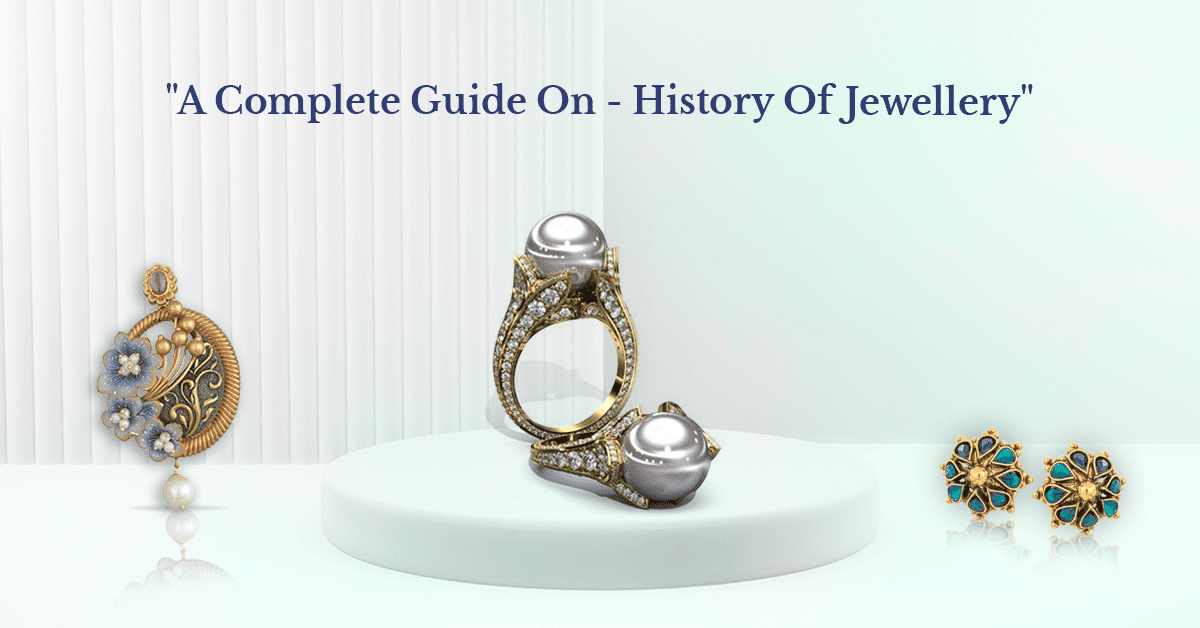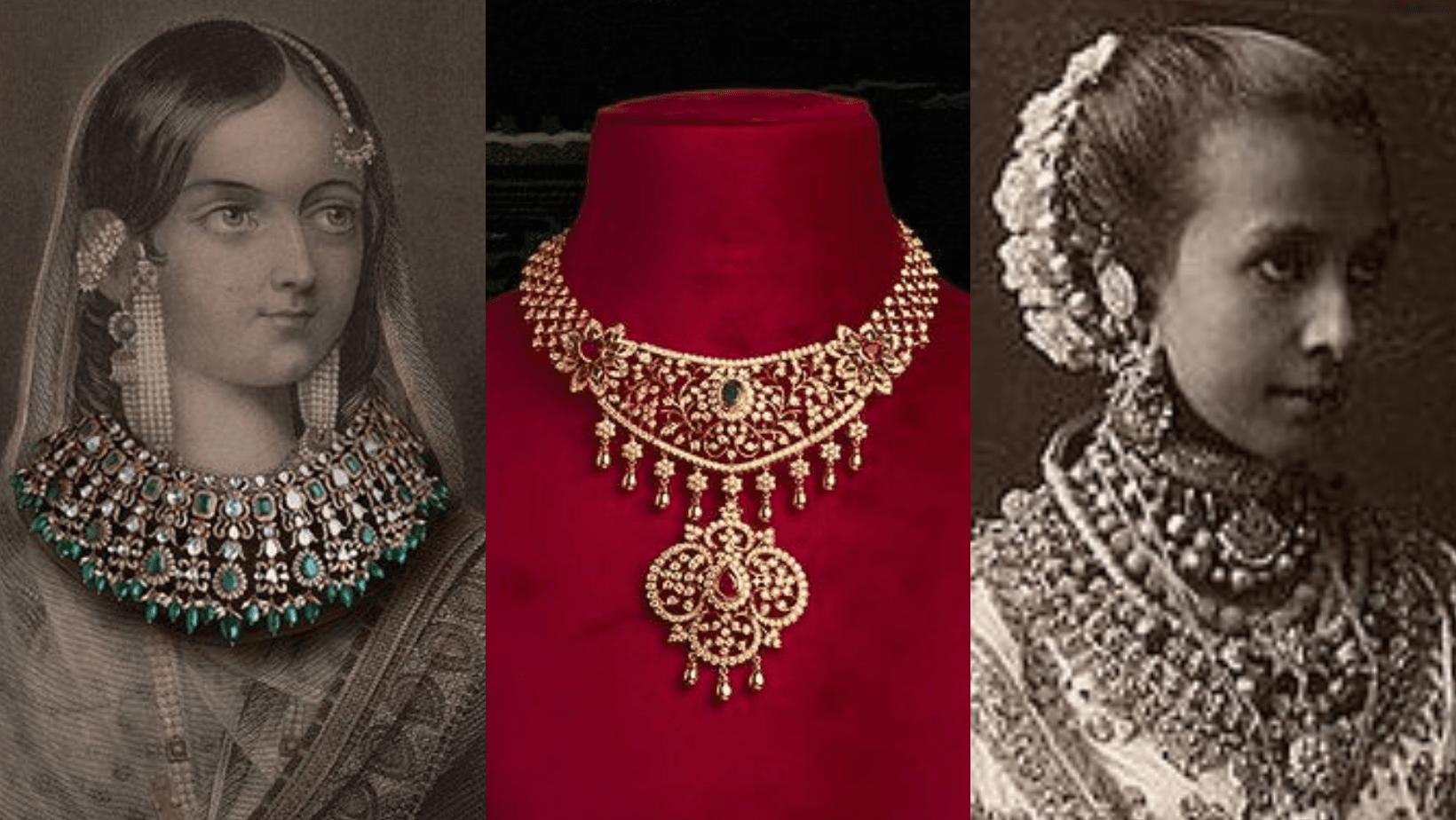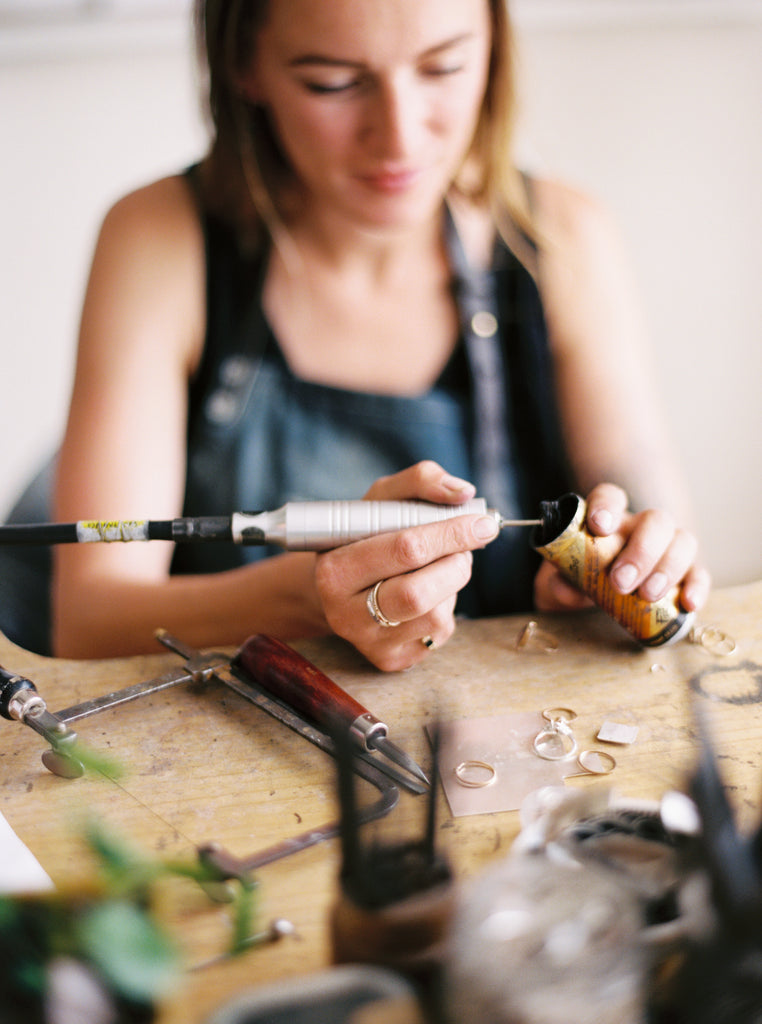The Evolution of "Jewellery": Exploring the Word’s History and Usage
Related Articles: The Evolution of "Jewellery": Exploring the Word’s History and Usage
Introduction
With enthusiasm, let’s navigate through the intriguing topic related to The Evolution of "Jewellery": Exploring the Word’s History and Usage. Let’s weave interesting information and offer fresh perspectives to the readers.
Table of Content
The Evolution of "Jewellery": Exploring the Word’s History and Usage

The word "jewellery" has a rich history, reflecting the enduring fascination with adornment and the intricate craft of crafting precious objects. While its usage may seem straightforward today, understanding its origins and variations provides valuable insights into its linguistic development and cultural significance.
Origins and Etymology:
The word "jewellery" traces its roots back to the Old French word "joiel," meaning "jewel." This term, in turn, derived from the Latin "jocale," which referred to a "toy" or "plaything." This connection highlights the early association of jewelry with objects of amusement and decoration, rather than solely functional items.
Over time, the French word "joiel" evolved into "joyau," which then entered the English language as "jewel." This shift reflects the growing importance of precious stones and metals in jewelry, elevating it from simple ornamentation to a symbol of wealth and status.
The "jewellery" form emerged as a collective noun, denoting a collection of jewels or ornaments. This pluralization, while grammatically correct, has sparked debates about its proper usage and the need for alternatives.
The Debate on "Jewellery" and "Jewelry":
The spelling "jewelry" emerged in the 18th century, potentially as a simplification of "jewellery." While both spellings are widely accepted, a preference for "jewelry" has grown in American English, while "jewellery" remains more common in British English.
This variation in spelling reflects the evolving nature of language and its adaptation to different cultural contexts. While both forms are considered grammatically correct, their usage often carries subtle connotations about regional identity and stylistic preference.
Arguments for "Jewellery":
Proponents of "jewellery" often cite its historical precedent and its adherence to traditional English spelling rules. They argue that the "-ry" ending aligns with other collective nouns, such as "fishery" or "bakery," emphasizing the collection aspect of the word. Furthermore, they maintain that "jewellery" retains a sense of elegance and formality, reflecting the value and craftsmanship associated with fine jewelry.
Arguments for "Jewelry":
Advocates for "jewelry" often emphasize its simplicity and ease of pronunciation. They argue that the shorter spelling aligns with contemporary trends towards streamlined language and avoids unnecessary complexity. Additionally, they contend that "jewelry" reflects the broader scope of the term, encompassing not only precious metals and stones but also less expensive materials and accessories.
Beyond the Spelling Debate:
The discussion surrounding "jewellery" and "jewelry" goes beyond mere spelling preferences. It reflects broader cultural and linguistic trends, including the influence of globalization and the evolving role of language in shaping identity. While both forms remain widely accepted, understanding their historical context and the arguments surrounding their usage provides valuable insights into the dynamic nature of language and its relationship with culture.
FAQs on "Jewellery" and "Jewelry":
1. Is "jewellery" or "jewelry" the correct spelling?
Both spellings are considered grammatically correct. "Jewellery" is more common in British English, while "jewelry" is preferred in American English.
2. Which spelling should I use?
Ultimately, the choice depends on context and personal preference. If writing for a British audience, "jewellery" is generally preferred. For American audiences, "jewelry" is more common.
3. Is "jewellery" more formal than "jewelry"?
Some argue that "jewellery" carries a more formal connotation due to its historical precedent and traditional spelling. However, this is a matter of perception and can vary based on individual preferences.
4. Is "jewelry" more casual than "jewellery"?
Some consider "jewelry" to be more casual due to its simplified spelling and broader scope, encompassing a wider range of adornments. Again, this is subjective and dependent on context and individual preferences.
5. Can I use both spellings interchangeably?
While both spellings are grammatically correct, using them interchangeably within the same text can appear inconsistent. Choose one spelling and stick to it for consistency.
Tips for Using "Jewellery" or "Jewelry":
- Consider your audience: If writing for a British audience, "jewellery" is generally preferred. For American audiences, "jewelry" is more common.
- Maintain consistency: Choose one spelling and stick to it throughout your writing.
- Pay attention to context: Consider the tone and style of your writing when deciding which spelling to use.
- Refer to style guides: For formal writing, consult style guides like the Chicago Manual of Style or the Associated Press Stylebook for specific guidance.
Conclusion:
The debate surrounding "jewellery" and "jewelry" highlights the dynamic nature of language and its continuous evolution. While both spellings are grammatically correct, their usage reflects cultural preferences and historical influences. Ultimately, the choice of spelling depends on context, audience, and personal preference. By understanding the history and arguments surrounding these variations, individuals can make informed decisions about their language choices and appreciate the richness and complexity of the English language.








Closure
Thus, we hope this article has provided valuable insights into The Evolution of "Jewellery": Exploring the Word’s History and Usage. We appreciate your attention to our article. See you in our next article!